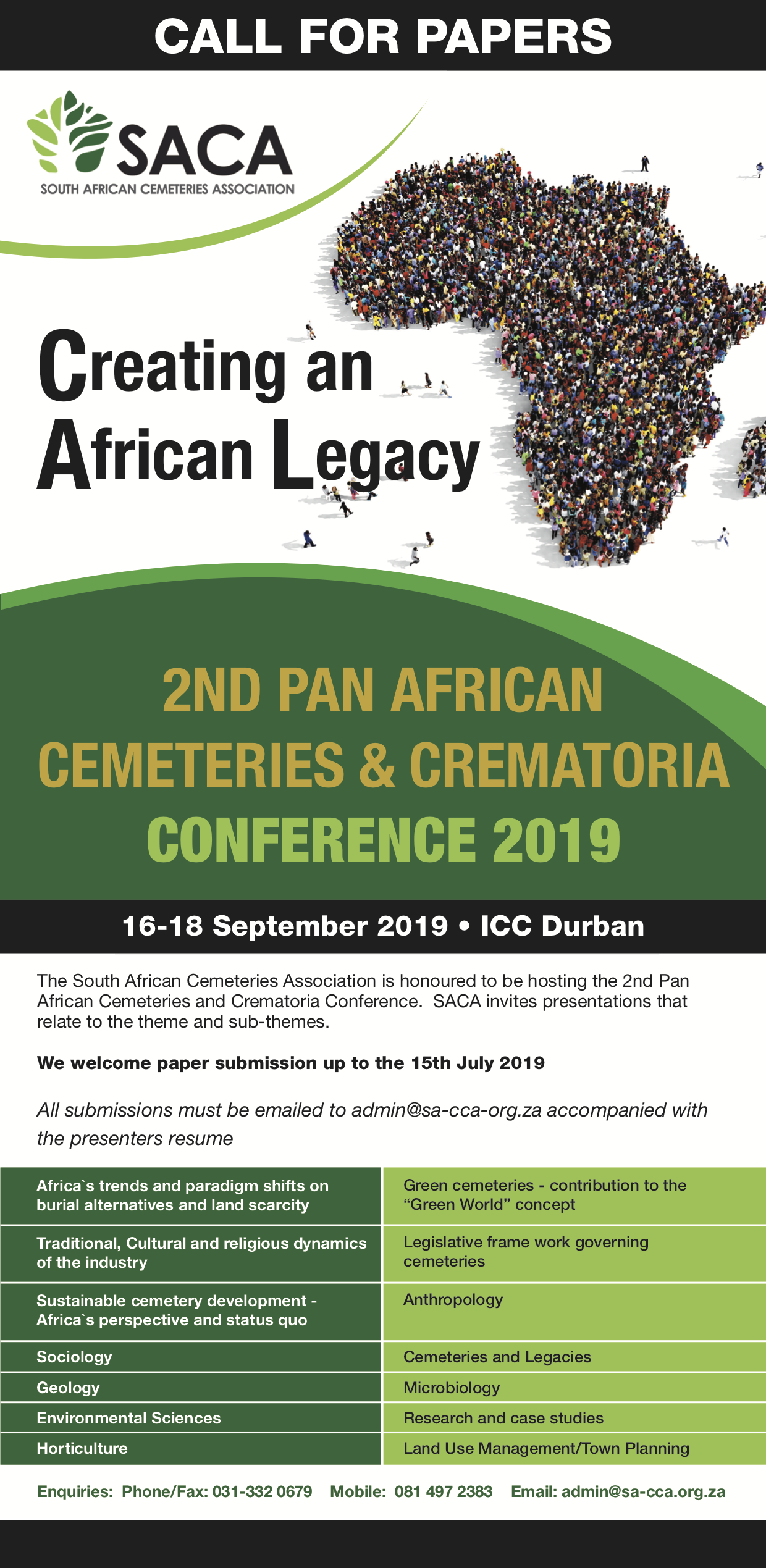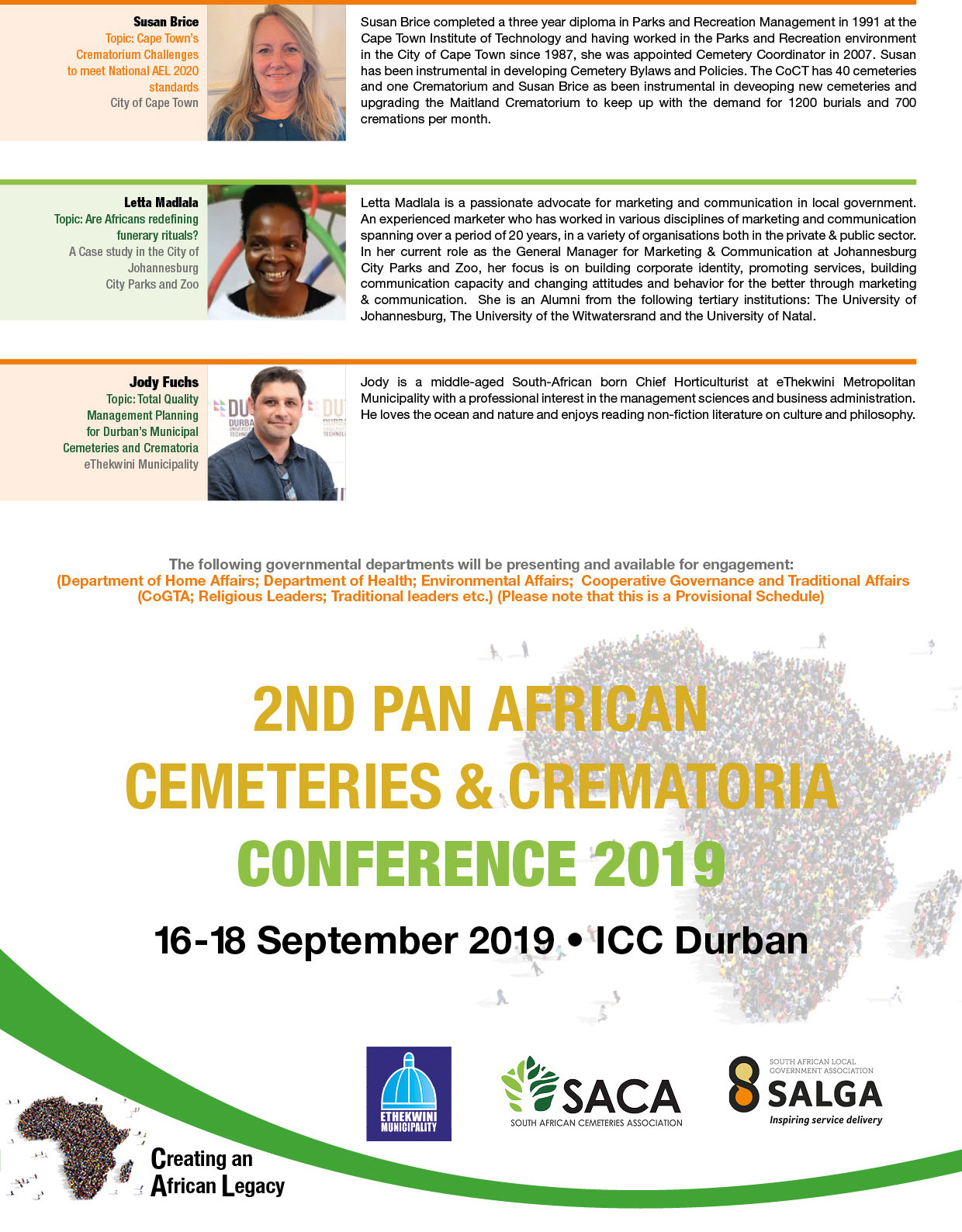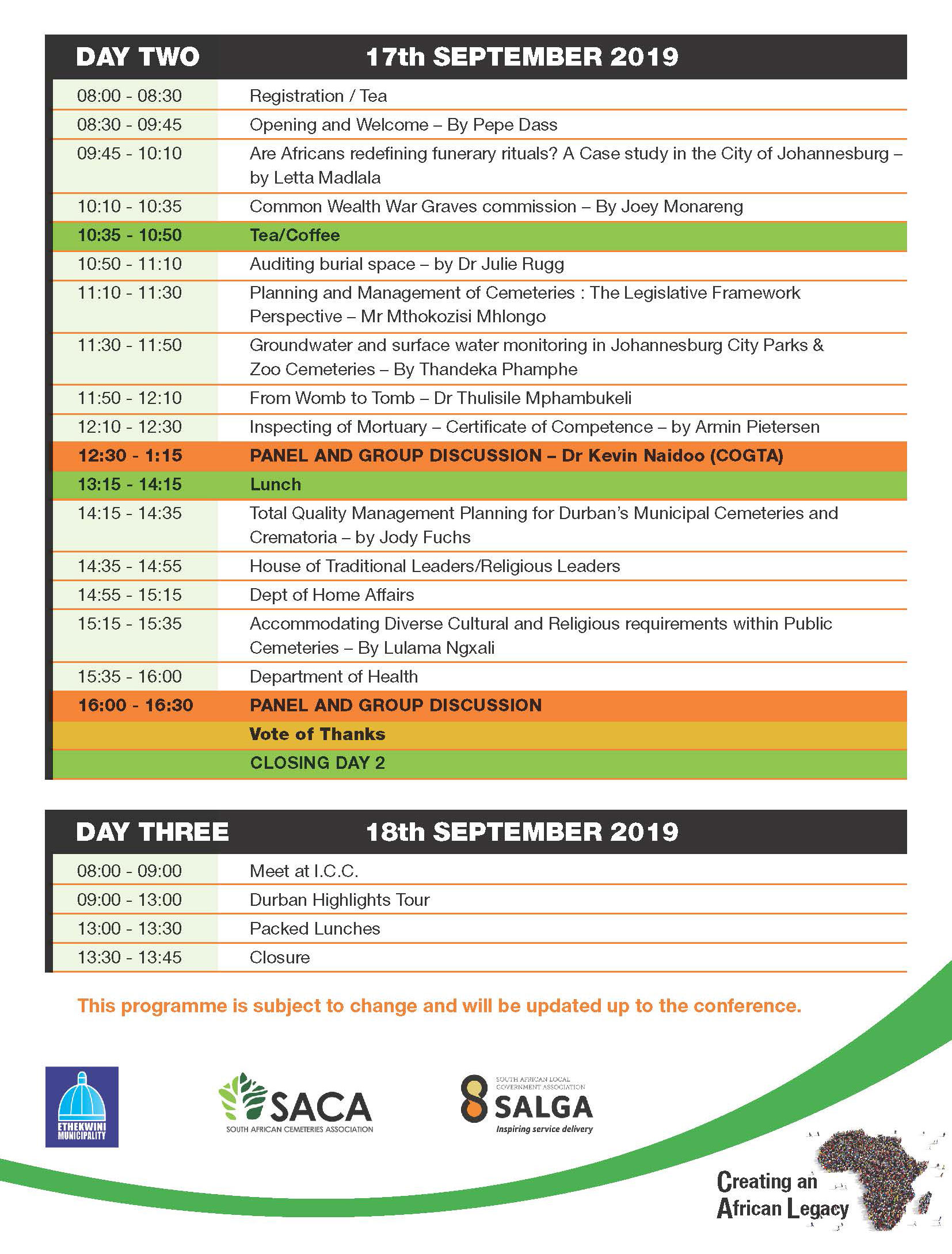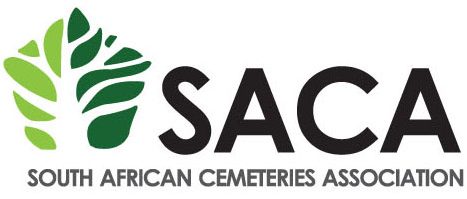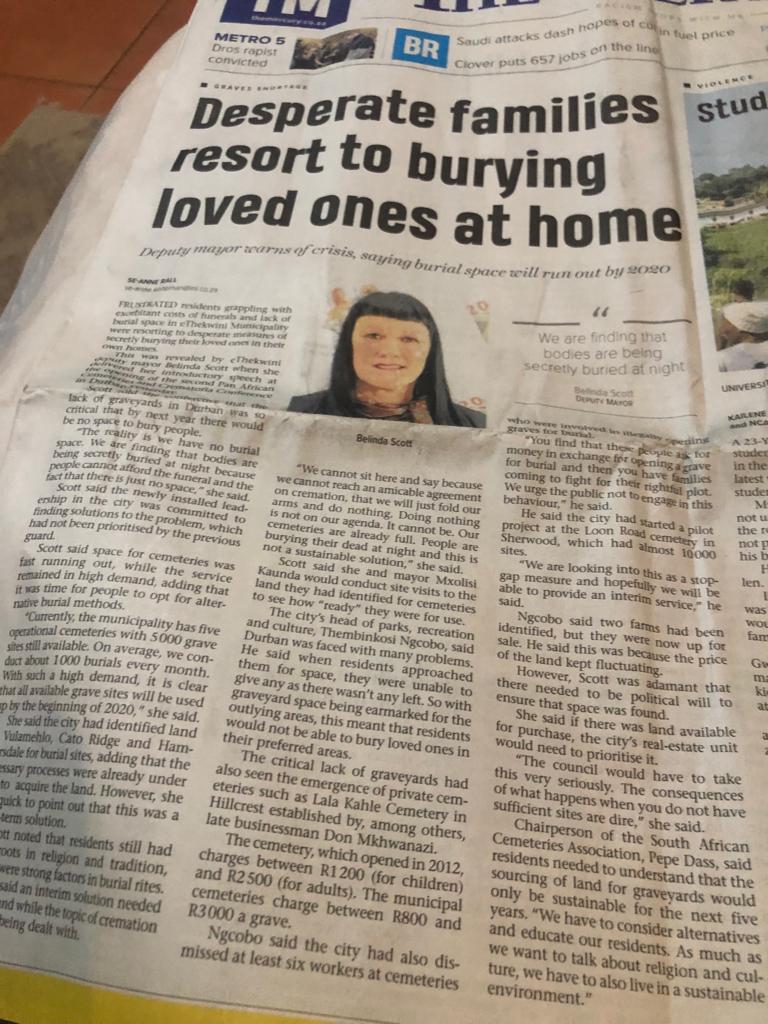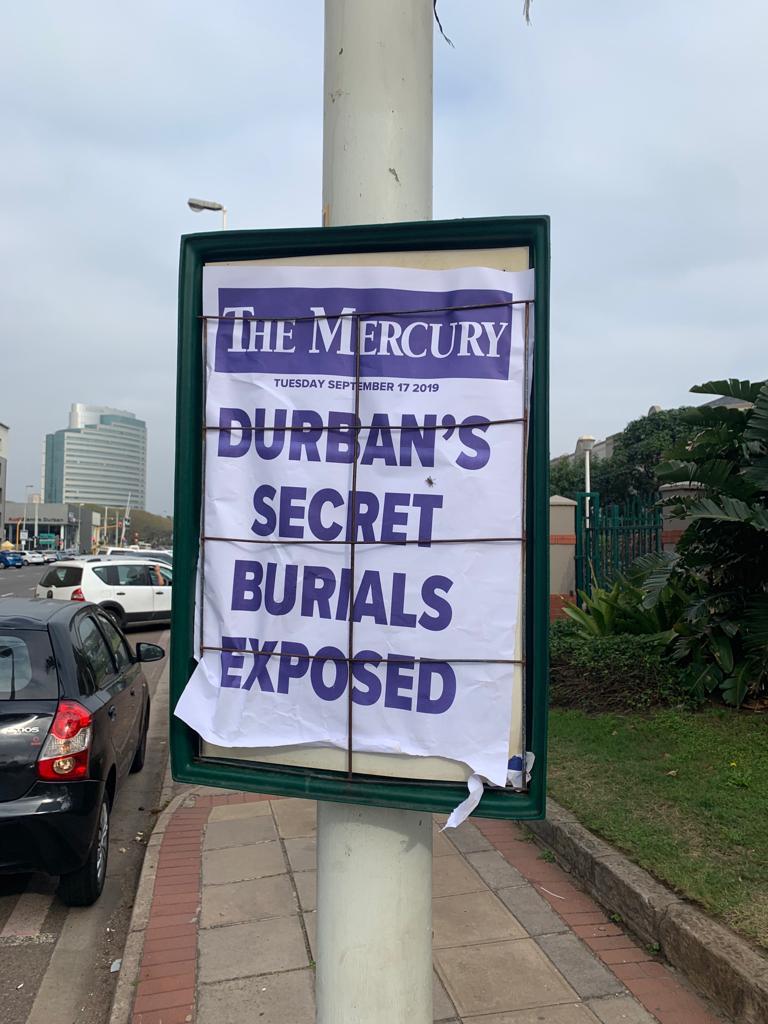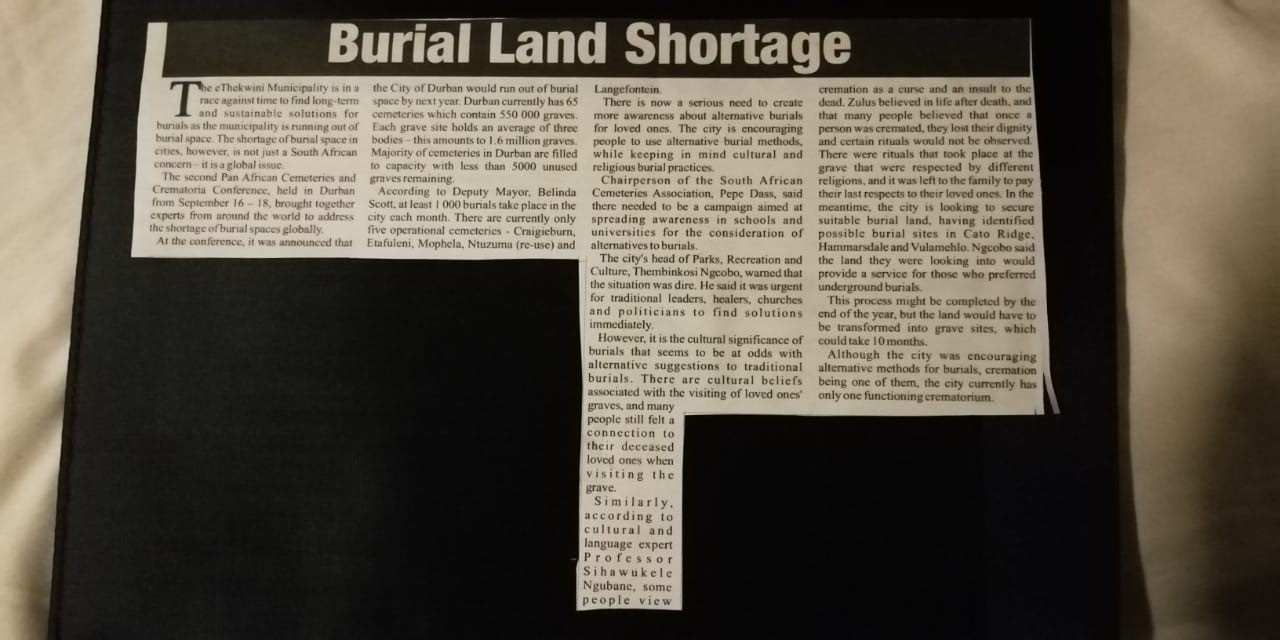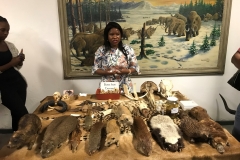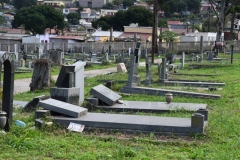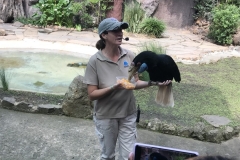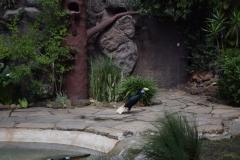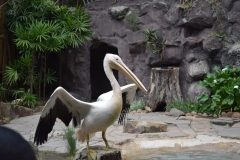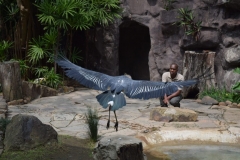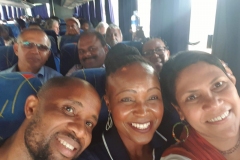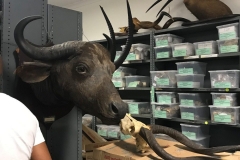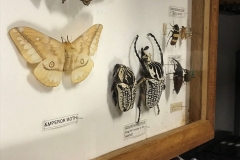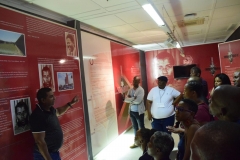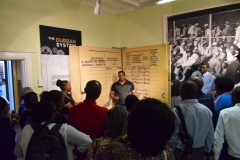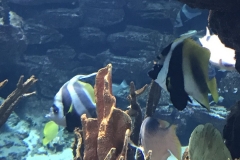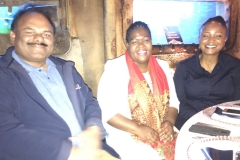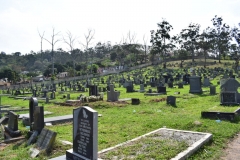eThekwini exploring options for more burial space
eThekwini is looking into purchasing new land to try and address the shortage of burial space in the city.
The shortage of burial spaces in cities globally has come under the spotlight at the 2nd Pan African Cemeteries and Crematoria Conference taking place in Durban.
ALSO READ: Cultural group opposes plans to tackle burial space crisis
The municipality’s Head of Parks and Culture Unit, Thembinkosi Ngcobo says although it is not sustainable to buy new land, cultural and religious beliefs require them to do so.
He says they will also be educating communities about alternative burial methods.
“We are looking very closely into the experiences and practices of other cities — for instance we could establish mausoleums,” said Ngcobo.
A mausoleum is a type of grave site that can be used by more than one person.
“We would establish a grave site that would be shared by families that could be used by different generations. In this instance, we dig much deeper so that you do not have to wait for the 10-year cycle that is currently prescribed under South African law.”
ALSO READ: Slain Wyebank siblings laid to rest
Ngcobo says they are also looking into the possibility of utilising the city’s coastline as a burial option.
“We could also consider deep sea burials, which are utilised in some other countries.”
Ethekiwini plans to exhume and preserve human remains to solve grave shortage
Durban – With fewer than 5 000 burial sites available in its cemeteries, the eThekwini municipality is set to embark on an ambitious new project to exhume and preserve remains at a disused cemetery. The city will also encourage other forms of disposing of remains and consider purchasing additional burial land.
The head of Parks, Recreation and Culture, Thembinkosi Ngcobo, said the remaining vacant burial sites would be filled in about six months.
The unit would implement a pilot project where the Loon Road Cemetery would become the permanent resting place for the preservation of recycled human remains.
“The Loon Road Cemetery is more than 80 years old and inactive. It has about 12 000 grave sites. Our proposal, which was accepted a few years ago, was that we will pilot a project where after every 10 years, we exhume human remains and store them in small containers, similar to an ashes urn,” Ngcobo said.
He said people preferring traditional burial practices was the reason behind the shortage of burial sites.
“Re-use of grave sites is not new. It was always done from way back. In some cemeteries, each site holds an average of three bodies, but the challenge with recycling is that if it keeps being done on the same land, the soil gets exhausted and is therefore not conducive for the body to decompose,” he said.
Ngcobo said it was important for churches and community leaders to discuss alternative burials such as cremation.
“I understand that burial alternatives such as cremation and recycling are considered inconsistent with religious and cultural beliefs, but at the same time it is important for people to realise the current problem and the need to lay to rest loved ones,” he said.
ADVERTISING
The chairperson of the Commission for the Promotion and Protection of the Rights of Cultural, Religious and Linguistic Communities (CRL Rights Commission), Professor David Mosoma said recycling graves was not consistent with African beliefs.
“It’s a sacred space for people to communicate their challenges and successes with their loved ones. This (recycling) disturbs that process because you would find a different person in the grave. It disturbs their prayer,” Mosoma said.
He said the city should provide them with a list of recycled graves so the commission could identify affected communities who believed their bad luck was because the link between the living and the dead was cut – there had to be a sense of reconciliation and closure.
“The city should secure burial space,” he said, adding that people should not feel forced to act against their belief systems.
Ngcobo said the process to buy additional land for burial space was still proceeding and was being handled by the Real Estate department.
At the end of 2017, the municipality had announced that it was looking to establish a new cemetery at Farm Broadvale and Inanda Farm.
In2Assets Property Specialists marketer Virend Deonarain said, however, that the eThekwini and Umdoni municipalities had failed to participate in their public auction of the Broadvale land on August 20.
“All the studies and reports have been done. The land has about 500 000 approved burial sites and out of those, 300 000 are ready to be used,” Deonarain said. On the fall of the hammer, the highest price received was R43.5 million, which was rejected by the sellers, he said.
“The eThekwini Municipality continuously advertises the shortage of burial space, but it is not willing to show commitment,” Deonarain said.
He said the land was about a 45-minute drive from Durban.
The municipality had not responded to Deonarain’s comments by the time of publication.
Source: Daily News
Politicians idle on tackling shortage of land for burials out of fear of losing popular support
Politicians are sitting idle and not tackling the shortage of land for burials out of fear of marginalising communities and losing popular support.
This is according to the SA Cemeteries Association (Saca) and the SA Local Government Association (Salga)‚ who will host the continent’s first Pan African Cemeteries and Crematoria Conference in Durban next month.
“Progressive change is delayed by inertia as political leadership delay in addressing the approaches that could lead to sustaining the services out of fear of marginalising communities and losing popularity‚” reads the invitation to the conference.
Announcing the conference to the country’s 234 municipalities through a circular earlier this month‚ Salga chief executive Xolile George said cemeteries were one of the biggest challenges in local government.
“The challenges in this regard range from budget constraints to the allocation of suitable land for burial‚” George said.
He said the conference will address “the current state of cemeteries in South African cities including ways to mitigate challenges relating to land availability as well as the economic impact of burials versus cremations”.
George encouraged municipalities to attend the four-day conference.
Organisers said they have invited experts and authorities from Nigeria‚ Ethiopia‚ Egypt‚ China and the US.
Saca chairman Pepe Dass said the best way forward to deal with land shortage would be to find a method that utilises the least land for burials.
He said cities across the continent were overpopulated and also struggling to find burial space.
Dass said while it was important for the lack of land for burials to be resolved finding land for the living was another challenge that should also be tackled.
The City of Johannesburg has 28 cemeteries that are at full capacity including Soweto’s Avalon Cemetery.
In November‚ the municipality opened the 400-hectare Olisfantsvlei Cemetery across the N12 highway from Avalon.
Olisfantsvlei replaced Avalon‚ according to Johannesburg City Parks.
The new cemetery‚ which has a lifespan of 70 years or 800‚000 burials‚ was built over five phases and will serve the south-western parts of the city.
According to the City of Johannesburg‚ cremations cost between R392 for an infant and R1‚231 for a corpse above 120kg.
Depending on the cemetery‚ a burial fee from R700 for a child and up to over R5‚000 for a high profile person is charged.
In Durban‚ the eThekwini Metro grants families a 10-year exclusive right for their relative to remain interred in a single grave site.
This can be renewed for another 10 years and failure to renew the grave can lead to it being recycled.
Source: timeslive.co.za
Pan African 2019
Presentations:
A MAYORAL RECEPTION Dinner was hosted by eThekwini Municipality on the 16th September 2019 at tha uShaka Aquarium. A delightful buffet feast was served with music as attendees danced the night away. This Mayoral Reception was honoured by Councillor Mpume Sithole and Mr Eric Apelgren was the master of ceremonies. Pepe Dass the chairperson of South African Cemeteries Association also addressed the delegation.
A tour was also organised where delegates visited:
- Kwa Muhle Museum – a great historical museum of our country and excellent displays showcasing history of apartheid.
- Natural Science Museum – we were welcomed by the following research departments- the mammals Mammalogy, the insects Entomology and the bird Ornithology. Each research department had informative information that was shared as well as specimens that were shown.
- Umgeni River Bird park – A tour of the bird park was arranged which incorporated a live show of the different birds. Lunch was served in this beautifully relaxing setting which included a natural waterfall.
- Chesterville Cemetery – Delegates were taken on a tour of the burial sites of the cemetery, which included a newly developed burial site for activists and heroes.
Join us for the 2019 Pan-African Cemeteries & Crematoria Conference!
